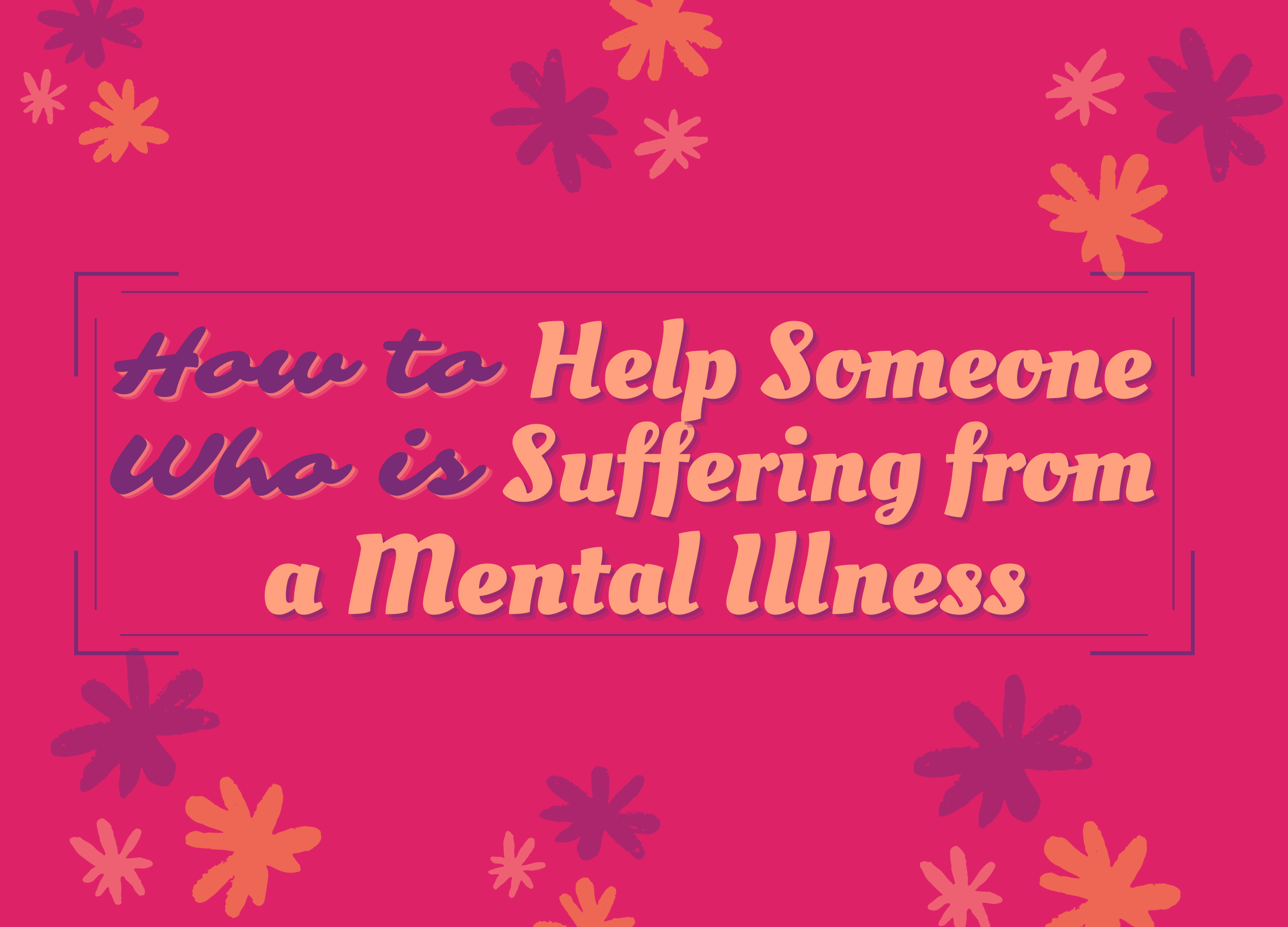Edited by Ashmita Annamalai & Uday Lingampalli, Blogged by: Sahithi Lingampalli
About 20% of all U.S. adults have a mental illness. For them, being able to accept their struggles and realize their need for help can be very difficult, which is why it’s important you know how to best help them.
First, educate yourself on the mental illness your loved one has. Knowing the causes, effects and possible triggers of the mental illness will help you determine if your loved one’s mental health is improving, as well as help you support them. Some of these effects are changes in sleep (e.g. duration, nightmares), lack of social interaction, changes in appetite, trouble with work and/or school and self-deprecating thoughts.
Next, try to start a conversation surrounding their mental health. They may not be ready to speak yet, and that’s okay! Don’t pressure them into speaking. Instead, let them know that you care about their wellbeing and that they can always reach out to you.
If your loved one is ready to talk, you should be ready to listen. Do not interrupt them when they are speaking. It takes a lot of strength to ask for help, and it is your job to acknowledge that. Don’t smile or respond with humor either, as they might interpret this as mockery.
While they are speaking, do not try to challenge, belittle or compare their feelings. Saying things like “I understand how you feel”, “It could be worse” and “Get over it” sends the message that they should not be experiencing these emotions and that something is wrong with them.
Use “I” Messages over “You” Messages. Instead of saying “You’re being so moody”, say “I’m worried about your mental health.” This prevents blaming your loved one for their mental illness.
They can also be in immediate danger. If they are having suicidal thoughts, self-harming or harming someone else, call the National Suicide Prevention Lifeline at 800-273-8255 right away.
People are not the mental illness they have. Each person is unique, so it might take some people longer to open up and/or recover. The future steps after a conversation depend on the person. Set up small, achievable goals for them, and encourage them to seek medical help.
Lastly, remember to express your gratitude for them opening up about their mental illness.
References
American Psychiatric Organization. (n.d.) Helping a Loved One Cope with a Mental Illness. Retrieved from: Link
Markway, B. (2015, March 3). 20 Expert Tactics for Dealing with Difficult People. Psychology Today. Retrieved from: Link
Mind. (2017 December). Seeking help for a mental health problem. Retrieved from: Link

